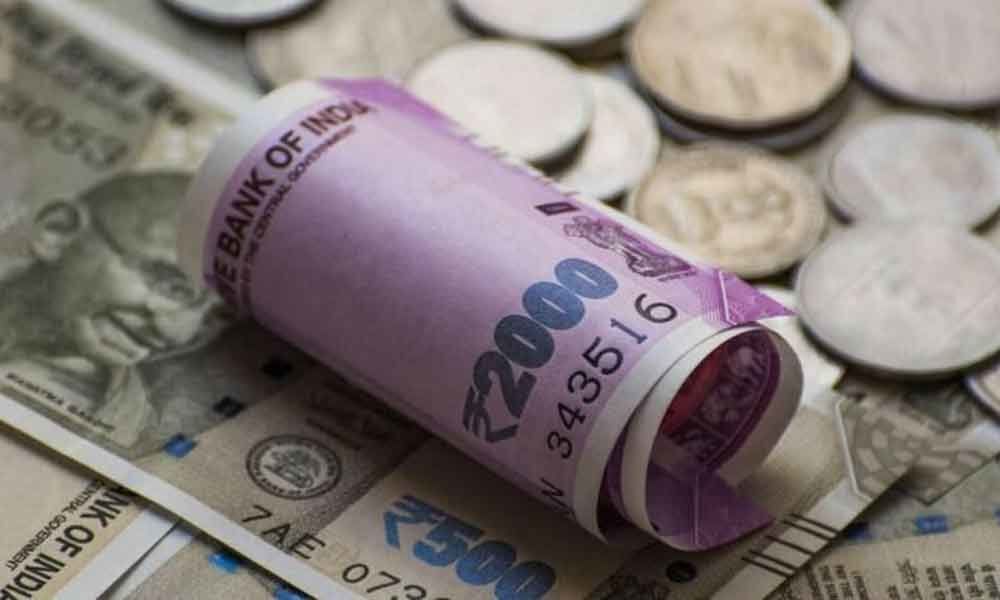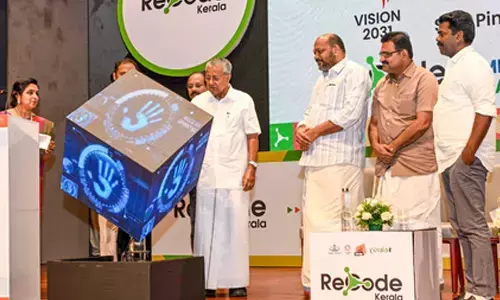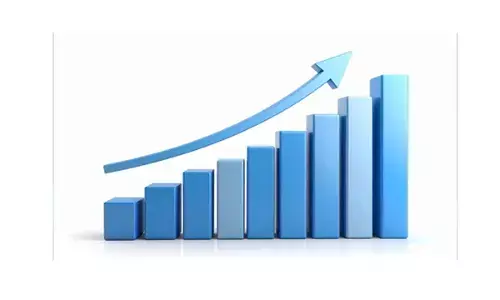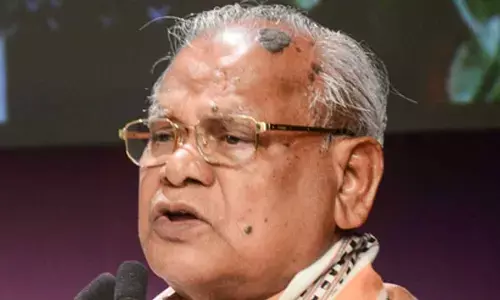Exit economy to prevent company from downfall

Self-destruction of the company implies the self-destruction of its creator. It is the feeling of being unable to escape from the cage of vulnerability.
Self-destruction of the company implies the self-destruction of its creator. It is the feeling of being unable to escape from the cage of vulnerability.
The owner remains vulnerable to investors, and more importantly debt. The consequences of the entrepreneurial risks and uncertainty sum up to the psychological price paid by the entrepreneur.
Mark Zuckerberg, Elan Musk, Harland Sanders and many more foreign entrepreneurs have been thriving in business.
Indian entrepreneurs who are having a successful run are Ratan Tata, Mukesh Ambani, Aditya Birla, Adi Godrej, and many others. But this success comes to only a few.
Many entrepreneurs believe their business is their "baby" as they have created it. It is an involuntary attachment to hard work, continuous sleepless nights, and unprecedented devotion. But is this attachment healthy?
According to Noam Wasserman, by the time the business reaches three years, 50 percent of entrepreneurs would have surrendered their positions.
Research shows that four out of five entrepreneurs have climbed down to their position as CEO due to pressure and stress. It had been indicated by Gallup-Healthways Well-Being Index for entrepreneurs, a reported 34 percent were worried, and a projected 45 percent said they were stressed.
According to studies, entrepreneurs don't step down or exit from the market unless forced to do so. Some take the business ahead by incurring huge debt which either leads to success or failure.
In a competitive market, it becomes essential for businesses to have an exit strategy. Generally, liquidation of the business at the right time when it is still able to cover the liabilities remains a highly dependent exit strategy.
A small business can always take the support of a frequent buyer, investor, friend, and company who has the willingness and ability to run and own the business.
It simply runs on the model build-to-sell. For instance, WhatsApp was sold to Facebook for $21.8 billion. This is an exit by making your company look attractive to the company-saving 'predators'.
Many a time, companies want to look less lucrative to avoid falling prey to acquirers. But this could be a hopeful exit for the ones who want to keep their management, investors, and staff happy, let the company survive, and yet let go of control and responsibility.
But unfortunately, it is not feasible to liquidate a business easily in India. But what leads to the company to exit?
It is not the pressure from the investors or any other related parties. It is the pressure from the economy.
The economy is currently witnessing a slowdown and it has been the situation since the financial year 2013-2014. The companies' external macro environment is playing havoc to most businesses and the economic unrest has become a reason to fail.
According to CRISIL, the GDP growth percent rose from 6.4 percent to 8.2 percent from 2013-14 to 2016-17 respectively. The economy immediately saw demonetisation of the currency which led to the drop of the GDP percent to 7.2 percent in 2017-18.
The GDP percent had taken a severe blow in 2018-19 with 8 percent, 7 percent 6.6 percent and 5.8 percent drop in Quarter 1, 2, 3, and 4 respectively in 2018-19 only.
The economy had seen an all-time low of 5.8 percent which may have been the result of Goods and Service Tax (GST) in 2017. In 2018, there was the NBFC credit crunch which was triggered by IL and FS. The US-China tariff wars also added to the demerits of the Indian economic situation.
The urban areas were facing the downturn, but the rural areas saw a drastic fall in the growth rate of their wages from 28 percent to 3.7 percent from 2013-14 to 2018-19.
The total consumption in the economy has been slowed indicating the fall in the aggregate demand. Out of sixteen segments in the country, seven segments sowed a negative and contracted growth namely, passenger vehicles, commercial vehicles, motorcycles, scooters, non-oil exports, port cargo, and ATF.
The economic indicators are unfavorable as of June 2019. The country's falling economy is leading to the downfall of businesses. Falling economic growth is killing companies and entrepreneurs.
For instance, from 2016 to 2019 India has seen a falling economy accompanied by demonetization, GST, and the demise of once successful entrepreneurs due to suicide.
In India, Encyclopedia Britannica's COO Vineet Whig committed suicide in the year 2016. In the same year, Angad Paul also paid the psychological price due to the failure of his family business, Caparo.
Again in 2016, Lucky Gupta Agarwal, fell to self-destruction as his start-up Kqingdom ITES Private Limited failed to sustain in the market.
The most recent is the case of Café Coffee Day's V G Siddhartha who had to end is life due to tax harassment and the pressures from equity investors.
Apart from economic, political, and other macro-environmental unrest, the personal qualities and decision-making capabilities of entrepreneurs play a major role in the success and demise of a business.
The entrepreneur has to choose between money and power. Most entrepreneurs choose to control, just like V G Siddhartha who chose to control CCD outlets and prevent decentralisation of control.
To exercise control and keep the business centralised a company should venture where it doesn't need to be dependent on heavy investment or funds. Moreover, the stringent tax policies which are also leading to the failure of start-ups.
The start-ups are not protected from tax even under the Start-Up India or Make in India schemes. The tax problems for start-ups have recently been solved in the Union Budget after unceasing requests.
The current drawbacks for entrepreneurs in India are Indian economic slowdown, company laws, political unrest, fall in domestic and foreign investment, inadequate functioning of GST, tight monetary and fiscal policy, tax laws, and the government's protection to a few top players of India.
Indian economy had been promised to boost, unlike the current situation. Start-ups lack support, successful companies are dying, and investors who rake in profits end up being loyal to personal interests over company interests.
All this and more due to disturbed India. A famous proverb states the need to be certain of three things before the commencement of business.
The rules of the game - which are controlled by the tax slayers, investors and the powerful. Making it difficult for start-ups or decade-old companies to sustain.
Stakes - Today the stakes are high but irrelevant due to the unethical system. Political turmoil, unfavorable economic activities, and the protection of the 'rich' companies.
The moment to stop- which remains a vulnerable point for entrepreneurs. Liquidation, filing bankruptcy or insolvency, is nothing but an illusion that takes years to become reality for Indian entrepreneurs.
It is important to exit the 'economy' at the right time to prevent downfall due to debt, but how easy is it to exit?
(Harsha Sheelam is author of juvenile fiction & short stories. Rishabh Nandi is an engineer from SRM University)








